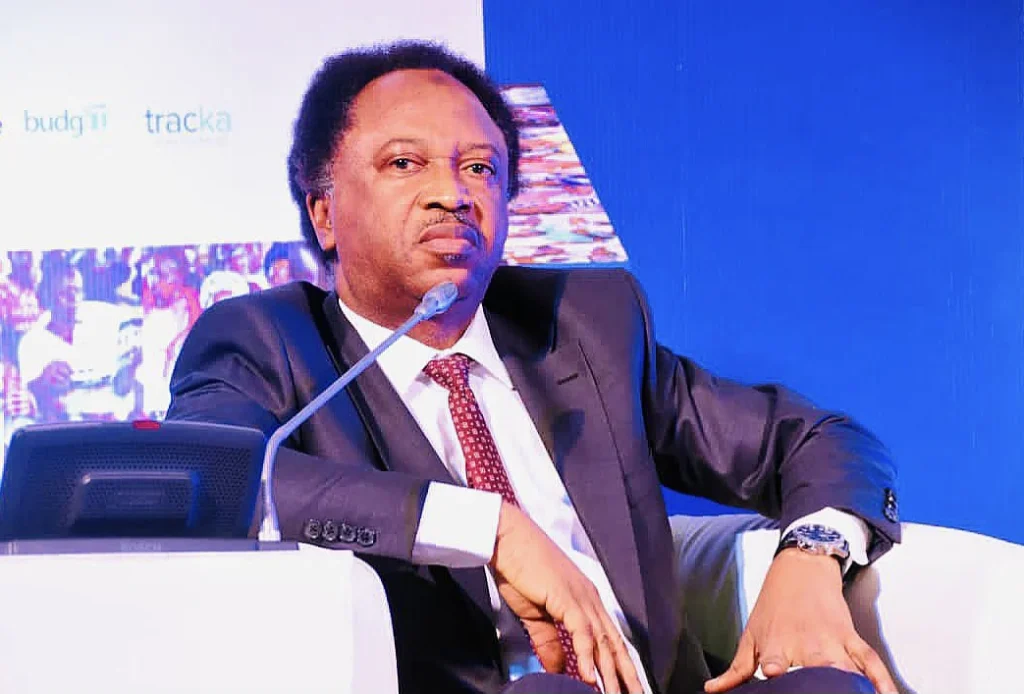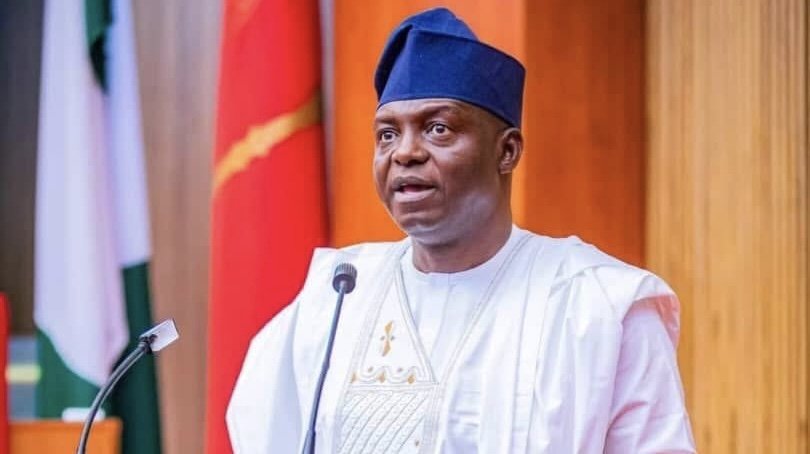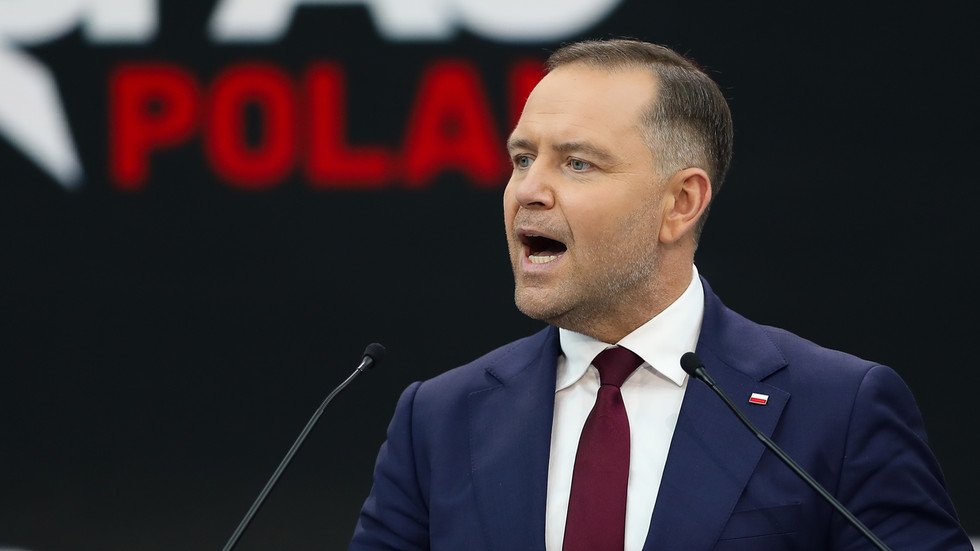A series of military takeovers in Africa’s Sahel region has ignited fierce debate about governance, legitimacy, and the future of democracy. Since 2020, Burkina Faso, Mali, and Niger have witnessed coups led by young military officers who ousted long-ruling elites, framing their actions as revolutions against systemic corruption and foreign interference. While Western governments condemn these seizures of power as threats to democratic norms, many citizens in these nations view them as necessary ruptures with failed political systems.
Elections Without Accountability
In Burkina Faso, Mali, and Niger, elections have repeatedly failed to translate into tangible improvements for citizens. Despite regular voting cycles, infrastructure remains crumbling, unemployment soars, and jihadist violence escalates. Critics argue that democratic processes became hollow rituals, enabling leaders to secure international legitimacy while neglecting public welfare. “What is the point of democracy if it doesn’t improve our lives?” asked a resident of Ouagadougou, echoing widespread frustration.
Youth-Led Revolt Against the Old Guard
The coups, led by figures like Burkina Faso’s 35-year-old Captain Ibrahim Traoré, reflect a generational clash. Traoré and counterparts in Mali (Colonel Assimi Goïta) and Niger (General Abdourahamane Tchiani) are in their 30s and 40s—part of a demographic where over 60% of Africa’s population is under 25. They contrast sharply with the continent’s aging political class, often dominated by leaders in their 70s and 80s accused of prioritizing personal gain over national development.
Since seizing power, Traoré’s administration has launched anti-corruption drives, reforestation projects, and initiatives to boost food production. He expelled French military forces, distancing Burkina Faso from its former colonial power, and forged security alliances with neighboring Sahel states. Supporters praise these steps as bold breaks from the past, though critics warn of authoritarian tendencies and the risks of prolonged military rule.
A System Under Fire
The upheavals highlight deepening disillusionment with post-colonial governance models. Many Sahelian nations, despite formal independence, remain economically tethered to former colonial powers and international financial institutions. Public anger has grown over leaders who access foreign healthcare and education while local systems collapse. “We see ministers in luxury cars while our children die from preventable diseases,” said a teacher in Bamako.
Legitimacy Through Results?
The coups have sparked a contentious debate: Can undemocratic power grabs be justified if they address governance failures? Proponents argue that the young leaders’ focus on tangible outcomes—security, anti-corruption, and public services—grants them a form of grassroots legitimacy. Opponents counter that military rule undermines long-term stability and sets dangerous precedents.
Regional analysts note that the Sahel’s crises are rooted in decades of marginalization, with youth unemployment and climate-driven resource scarcity exacerbating tensions. While the juntas’ promises resonate with disillusioned populations, their ability to deliver lasting solutions remains uncertain.
As the international community grapples with how to respond, the Sahel’s turmoil underscores a broader reckoning. With Africa’s median age at 19, the gap between youthful aspirations and gerontocratic leadership is widening. Whether these military interventions mark a fleeting rebellion or a lasting shift, they signal a demand for governance that prioritizes people over power—a demand that transcends borders.



